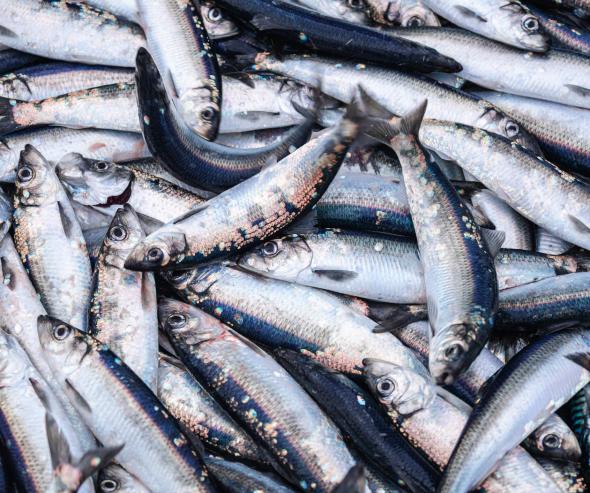Fisheries and aquaculture sector: the Autorité de la concurrence fines the Association réunionnaise interprofessionnelle de la pêche et de l’aquaculture (Reunionese Interprofessional Fisheries and Aquaculture Association) for implementing an anticompetitive agreement on price and control of production and outlets

Background
The Autorité de la concurrence fines the Association réunionnaise interprofessionnelle de la pêche et de l’aquaculture (ARIPA) 60,000 euros for organising an anticompetitive agreement between its members regarding the fixing of selling prices for fish and the control of production and outlets.
ARIPA did not contest the facts alleged by the Autorité de la concurrence and benefited from the settlement procedure.
The Association réunionnaise interprofessionnelle de la pêche et de l’aquaculture
ARIPA is made up of ten business entities, associations or employers' unions, representing the entire fish industry value chain in La Réunion [1] (production, processing and marketing). It is organised into three management committees, which are decision-making bodies specific to each production sector. ARIPA's member organisations play a major role since they are members of the management committees, as "professional families", and are therefore involved in the decisions taken by ARIPA.
It was formed in 2010 in response to the economic difficulties encountered by local fisheries and aquaculture stakeholders. Its mission is to improve the knowledge and transparency of the market, to ensure better coordination of the marketing of fishery products and to promote local production.
ARIPA is also in charge of managing the European subsidy programme dedicated to the sector. As an intermediary beneficiary of these grants, ARIPA redistributes the funds to its members.
ARIPA piloted the introduction of price orientation grids
ARIPA adopted price orientation grids in 2011 to ensure price stability. These grids, approved by the ARIPA management committees, indicate, for the sale of fishery and aquaculture products between member companies of ARIPA, the minimum prices to be applied per species and per presentation (whole, loin, steak, etc.) between ARIPA professional families.
Defined by the internal rules of procedure of ARIPA's management committees, these grids were known to all members and, in the event of non-compliance, could lead to sanctions going as far as total or partial exclusion from the receipt of the public aid managed by ARIPA.
ARIPA imposed measures to control production and outlets
Since its creation, ARIPA has undertaken to regulate the fish market in La Réunion by imposing on operators a series of constraints. These measures included a strict definition of authorised settlements according to the operator’s professional family, prior consultation, the collective implementation of promotional operations and actions intended to restrict or promote the sale of landed fish on the local market, according to the economic conditions.
Particularly serious practices
By agreeing on the principle of pricing schedules and the determination of promotional operations together, the members of ARIPA impeded effective competition, which is one of the most serious infringements of competition rules. The practices were all the more serious in they were combined with other anticompetitive practices aimed at limiting ARIPA members' freedom to sell or buy. Through these combined measures, ARIPA removed the doubt that usually weights on every operator, which could have lead directly or indirectly to the fixing of higher prices to those resulting from a normal competitive environment.
The Autorité points out that such practices are particularly serious when they are implemented by a professional organisation which, by virtue of its mission, is required to ensure compliance with the law and the dissemination of the applicable law. Lastly, the Autorité notes that these practices took place over a period of 11 years and one month.
Facts not disputed by the association
ARIPA requested the benefit of a settlement procedure. This allows a company that does not contest the charges brought against it to obtain a financial penalty within a range proposed by the General Rapporteur, setting a maximum and minimum amount and giving rise to the agreement of the parties. Under this negotiated procedure, the Autorité imposed a penalty of 60,000 euros.
[1] In 2020, ARIPA represented 90% of local fresh fish landings in La Réunion.
Compliance
The adoption of the ECN+ Directive in 2021 changed the amount of the penalties incurred by associations of companies that violate competition law. Whereas previously the maximum fine that could be imposed in France on an association of companies was €3 million, the cap on fines has now been raised to 10% of the sum of the turnover of the member companies of incriminated associations.
Decision 22-D-21 of 16 November 2022
Contact(s)
